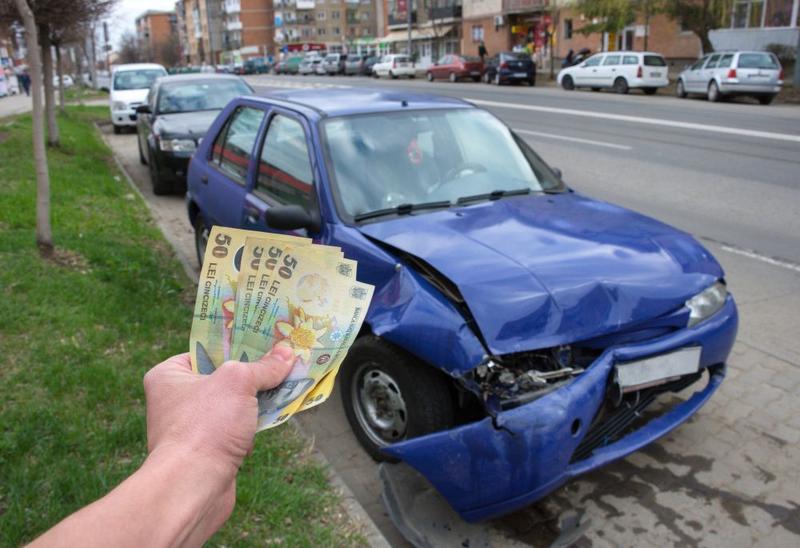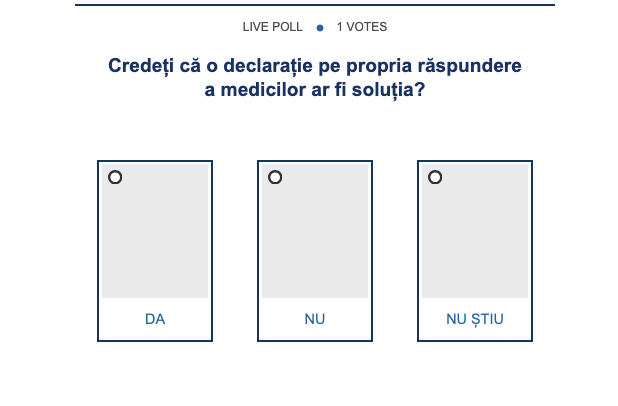Romanian MPs of the governing coalition continue their offensive for changing the laws of the Romanian justice on Wednesday, despite fierce criticism of their amendments and accusations that they destroy Romanian criminal law and the fight against corruption. Here are the latest news on their activity.
- The Senate adopted on Tuesday the second of three bills seriously changing the laws governing Romanian justice. This second bill refers to the judicial organisation and changes a law in this regard dating from 2004. The Senate has not amended in any way the text passed by the special parliamentary commission in charge with overhauling the laws of Justice. The Senate rejected all amendments introduced by the opposition PNL and USR parties
- The special parliamentary commission for the laws of Justice has started debates on changes to the Criminal Code and the Criminal Procedure Code, which have been massively criticized by the main bodies of the judiciary as "destroying criminal law" and which have sparked massive protests across the country last week. The debates come as the special commission concluded on Tuesday night all final reports on the three bills changing the laws governing the Romanian justice system, the last of which still awaits a final vote in the Senate.
- Experts consulted by HotNews.ro have warned that the three bills changing the laws of Romanian justice can be challenged at the Constitutional Court within a timeframe of only two days, no matter if working days or holidays. The first to be adopted by the Senate earlier this week, the one regarding the statute of magistrates, has not yet been published in the Official Gazette. If it is published, let's say, on Friday, it will have to be challenged during the Christmas Eve weekend, when most people are away for holidays.
- Some 300 students at the Faculty of Law of the University of Bucharest joined a silent protest on the stairs of their faculty on Wednesday, condemning the bills aimed at changing Romanian penal law. They said the changes will weaken the system and the way they are introduced by the Parliament ignore procedures and changes rules with disregard of magistrates' opinions and negative inputs from the Supreme Council of Magistrates.




















